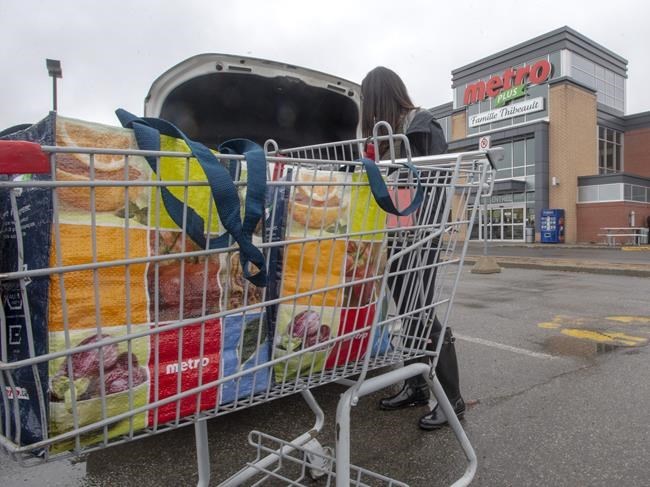sa国际传媒's competition watchdog is calling for changes to a common real estate practice used by grocers to limit competition.
The practice involves a grocer adding a special clause to a lease or deed — sometimes called a restrictive covenant — to limit the kind of store that can open at a location after the grocer leaves the property.
In a report on the country's retail grocery sector released on Tuesday, the Competition Bureau said these restrictive clauses curb competition and make it harder for new supermarkets to open.
"Property controls limit how real estate can be used by competing grocers," the Bureau said. "Such controls can harm competition by making it difficult — or even impossible — for businesses to open up new grocery stores."
The report recommends governments take measures to limit restrictive covenants in the grocery industry — including banning their use.
"Property controls reduce consumer choice," the report said. "This is not a theoretical problem — examples of 'food deserts' have been documented across sa国际传媒."
Real estate clauses used by grocers to prevent other food retailers from taking over a location can also be very broad, it said.
Some Canadian businesses told the Bureau that they have been unable to open stores because of restrictive clauses — even if they don’t compete directly with a grocery store, such as bakeries and other specialty food stores, the report said.
The competition watchdog said other countries, including Australia, New Zealand, and the United Kingdom, have taken action against property controls in the grocery industry.
Despite the growth of online grocery shopping in recent years, most people continue to rely on brick-and-mortar stores to buy groceries, said retail expert Bruce Winder.
"By closing off different locations for future grocers, it absolutely limits competition," he said. "It can also cut off communities from having access to groceries. There's a right-to-eat issue here."
The Public Interest Advocacy Centre has examined the practice of restrictive covenants.
It found the practice can result in food deserts, where neighbourhoods become geographically isolated from healthy food, according to its submission to the Competition Bureau.
Gary Sands, senior vice-president of public policy with the Canadian Federation of Independent Grocers, said restrictive covenants create a barrier to entry.
He said it's understandable that grocers may want to put a restrictive clause in place when moving to a new location and setting up a new store. But Sands said it's unacceptable if a grocer is leaving an area.
"If a grocer is opening a new store in a plaza and they want a restrictive covenant in place so the landlord can't put another supermarket right beside you, we understand that," he said. "But you shouldn't be allowed to use these clauses when you're leaving a location.
"That's what's causing a significant problem. There's a lot of them in place and they need to end."
This report by The Canadian Press was first published June 27, 2023.
Brett Bundale, The Canadian Press



